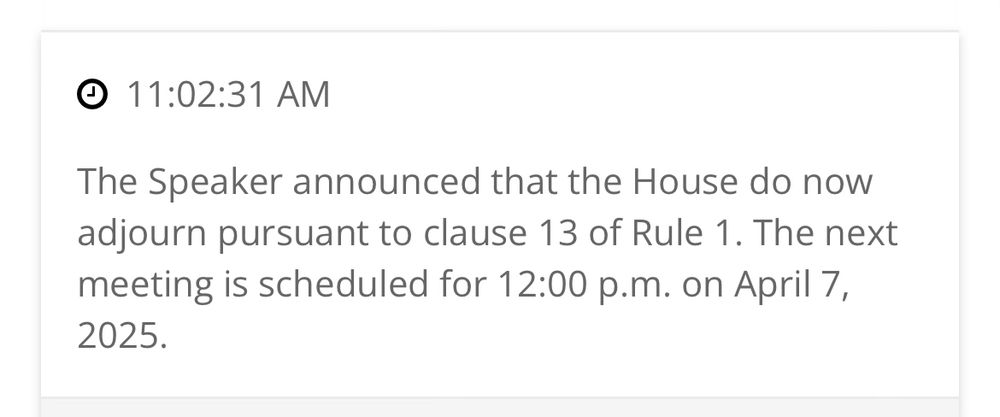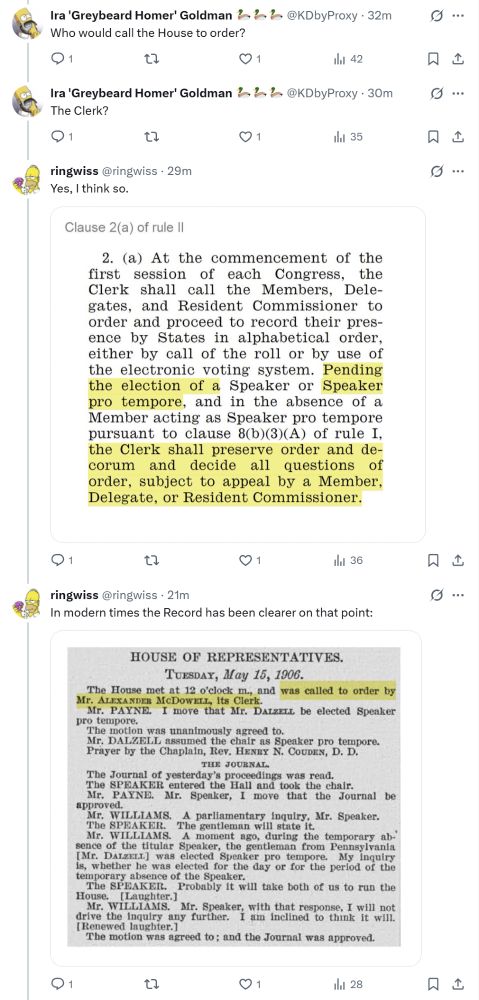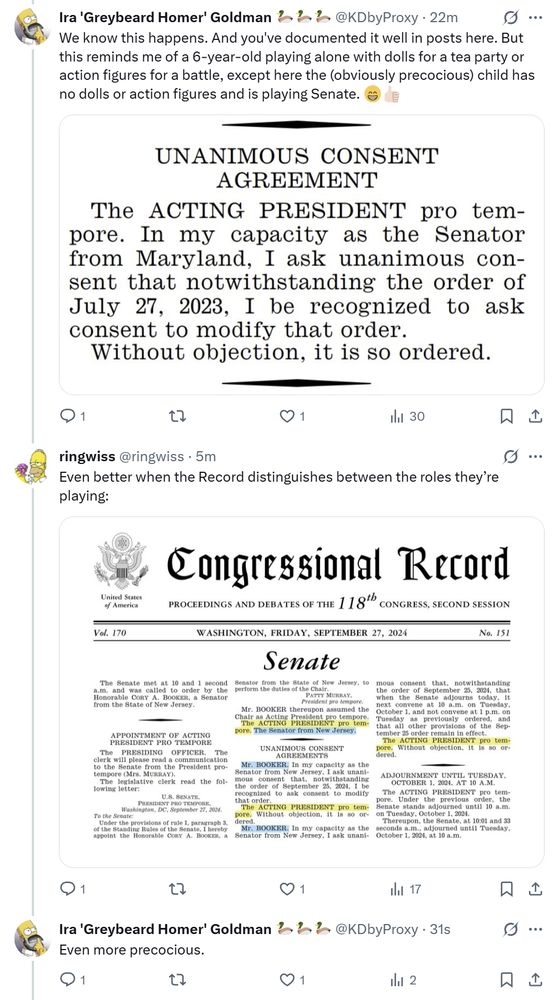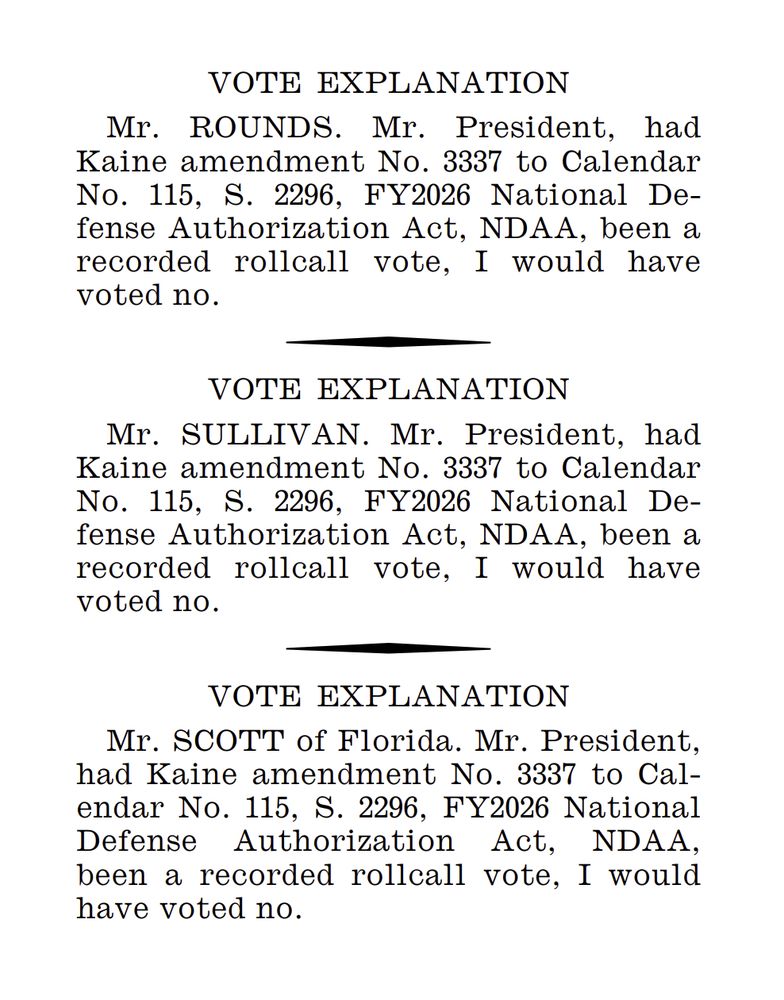ringwiss
@ringwiss.bsky.social
8.1K followers
59 following
2.2K posts
🏳️🌈 🇪🇺 🇵🇱 🇬🇧 He/him.
Armchair parliamentarian.
I type at 140 wpm.
Posts
Media
Videos
Starter Packs
















